Is paranormal and dystopian YA leaving contemporary YA behind?
Courtney Summers - That's an interesting question. I think that contemporary YA will always have a place on bookshelves. People want to read it and are reading it. It may not be a trend, but I believe it is a constant. I do think stellar YA contemporary releases can get lost amongst genre blockbusters, which can be disheartening. And it's not that I think readers should be choosing contemporary reads over paranormal/dystopian ones, but I do think readers should be aware that those contemporary books are there.
Lili Wilkinson - I don't think so. All the teens I speak to read a bit of both. There are always waves and trends, but throughout all there's always been fantasy and there's always been contemporary. Plus I'm really glad to see fantasy genres gain a bit more legitimacy over the past decade.
William Kostakis - Yes. You only have to look at book store shelfspace to see that in the market, paranormal is where it's at. Which is unfortunate, because a lot of the good (read: thought provoking, engaging, less "I'm a cock tease and all the supernatural creatures want a bun in my oven" and more "whoa, I'm a realised character you can engage with on an emotional level") paranormal stuff is tarnished by the reputation of the majority, and a lot of the great contemporary stuff is being ignored. It's not special, or at least, not perceived to be because of the lack of magic school, vampires, or vampire magic school. There are stories to be told of the mundane, of the ordinary - and I don't think I'm alone in saying they're some of the best. Escapism is wonderful, but so's seeing your world through different eyes.
Melissa Walker - I don't think so. Trends come in and out of fiction all the time, and there will always be a place for all of the genres, even if one is leading the pack for a moment.
Siobhan Vivian - Well, it's certainly the big thing right now. But there've been lots of realistic successes too. And I believe that realism will never go out of fashion.
What is the biggest mistake authors (of the opposite gender) make in writing teens (of your gender)?
Courtney Summers - Wow! You know... that's a tough one because fiction is so subjective. I think authenticity is the most important thing, so I think the biggest mistake you can make when writing teen characters is using them to spout your own agenda. It's so transparent and inauthentic..
Lili Wilkinson - I'm not sure there's a specific mistake that male writers make. The biggest mistake that ANY authors tend to make writing YA girls would probably be ignoring that bitchiness or bossiness is always masking an inner fragility. It's easy to stereotype ditzy or bitchy girls, but there's always more to it than that.
William Kostakis - Over-vocalising their struggle with things. Not to generalise about genders, but boys in books by females either feel uncharacteristically open, or unrealistically charismatic - there's never any middle ground
Melissa Walker - Underestimating them. Telling too much instead of letting the reader figure things out. YA readers are smart and insightful; they'll get it without extra help from the author.
Siobhan Vivian - Hmm. Maybe making them too boy crazy? I think that's an easy trap to fall into.
Participating authors:
Courtney Summers is the Canadian CYBIL award winning author of Cracked Up To Be, Some Girls Are and forthcoming title Fall for Anything. Website.
Lili Wilkinson is an award winning Australian young adult author who has written both contemporary and historical YA. Her most recent release in Australia and in the US is the fantastic title, Pink. Website.
William Kostakis is another young Australian YA whose debut title, Loathing Lola was released in 2008. Currently he is touring across Australia visiting schools and bookstores sharing his naughty wit. Website.
Melissa Walker is a journalist, author, readergirl and all round YA cheerleader - there is nothing this lady can't accomplish. Her most recent release Lovestruck Summer was a blogdom favourite. Website.
Siobhan Vivian is an author that I am currently fangirling over. Seriously, read her back catalogue. Her newest title has just release, Not That Kind of Girl and you will love it. Website.
Tomorrow - What kind of book is flooding the YA market and what is their favourite title of the year (so far)?
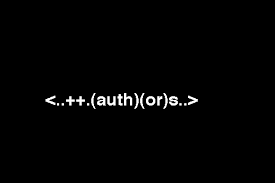

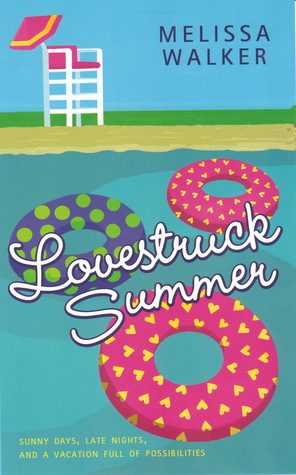
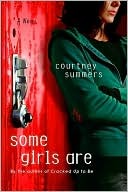
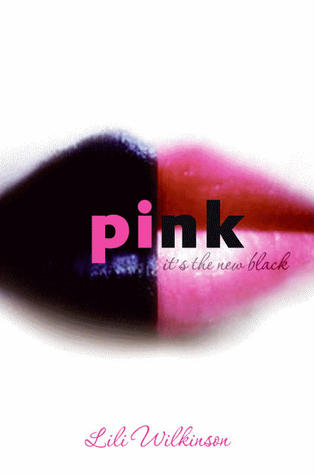
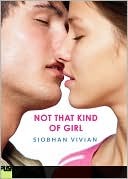
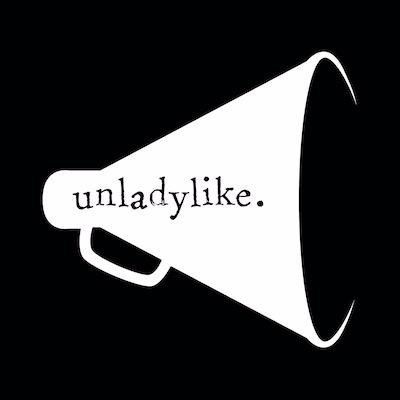

4 comments:
If it were a matter of publishing a book - fantasy or realistic fiction - dropping it into the marketplace and seeing what happens, I think it might be an interesting conversation. But I suspect that proposals are being accepted or rejected on the basis of, "could this be the next Twilight?" and that creates a misapprehension of the teen reader. Contemporary teen novels not involving kidnapping are thin on the ground lately.
And the fact that so much YA fantasy is girl-oriented... it leaves the teen boy reader a bit high and dry. I'm a librarian, and I find myself walking the boys to the adult section all the time.
I think YA fantasy is becoming the female equivalent of what SF and espionage novels are for some men - it has become the go-to choice for adult women who want a quick, entertaining read.
Not to say that there isn't marvelous stuff in YA. Marvelous! I love YA - but it is evolving in a strange way lately.
Great questions with really thoughtful answers. Some major cover love going on for me too. Fabulous authors you included. :)
Lisa ~ YA Literature Lover
This was really interesting to read, and has me wondering how I can do more to promote contemporary fiction. My take on the relationship between paranormal / dystopian fiction and contemporary YA is that the 'in' genres often get people interested in YA, and then once they get into it they'll discover the contemporary YA. Hopefully.
William Kostakis is awesome-love his answers!
Post a Comment